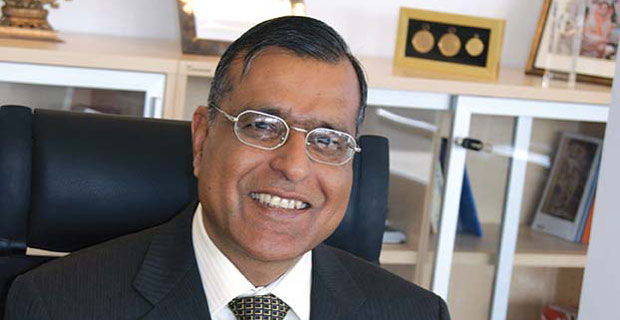Indian Diaspora in the Caribbean–Past and Present
Arrival of Indian indentured workers to the Caribbean ...
Historical Perspective
Arrival of Indian indentured workers to the Caribbean Islands is an unfortunate saga of human history characterized by colonization, apartheid, slavery, slave trade and indentureship. After emancipation of African slaves during 1833-38, the British colonies across the world experienced shortages of farm workers. To meet these shortages, the British crafted a new policy of near-slavery baptized as ‘indentured labour’. This new system was first tried in 1834 for importation of contract labour for sugarcane plantations in Mauritius and was found relatively successful. Subsequently, under this policy more than half a million Indians were lured under false promises and hopes and were transported under most primitive conditions to the Caribbean Islands between 1838 and 1917. Guyana (2,38,909), Trinidad (1,43,939), Jamaica (37,027) and Suriname (34,304) received the largest numbers, followed by much smaller numbers in St. Lucia (4,354), Grenada (3,200), Belize (3,000) and St. Vincent (2,472). A large majority of those who came to the Caribbean were from Eastern UP and Bihar while a smaller number came from Andhra Pradesh and Tamil Nadu. Starting from 1853, sizable numbers of Indians from Pondicherry were brought to the French colonies of Martinique (25,509), Guadeloupe (42,326) and French Guiana (8,500). More than 3 month long voyage across the oceans and primitive conditions on the ships resulted in the death of hundreds. Those who reached the destination felt devastated; completely drained of their physical and emotional strength.
In addition to the multiple shocks on arrival, ‘Indians Coolies’ as they were called underwent a prolonged period of trial and tribulations, indignities and physical and mental sufferings. Immediately on their arrival they were housed in the barracks vacated by African slaves with inhuman living conditions. They lost their correct names as their names were spelt by their British masters based on what they heard and how they converted those sounds into words (such as Dookeran instead of Dhukh Haran and Ramkisoon in place of Ramkrishna). Some of those who did not understand the question, uttered the name of the country they were coming from—Bharat—and hence they were reincarnated as ‘Bharat’ forever.











Comments.